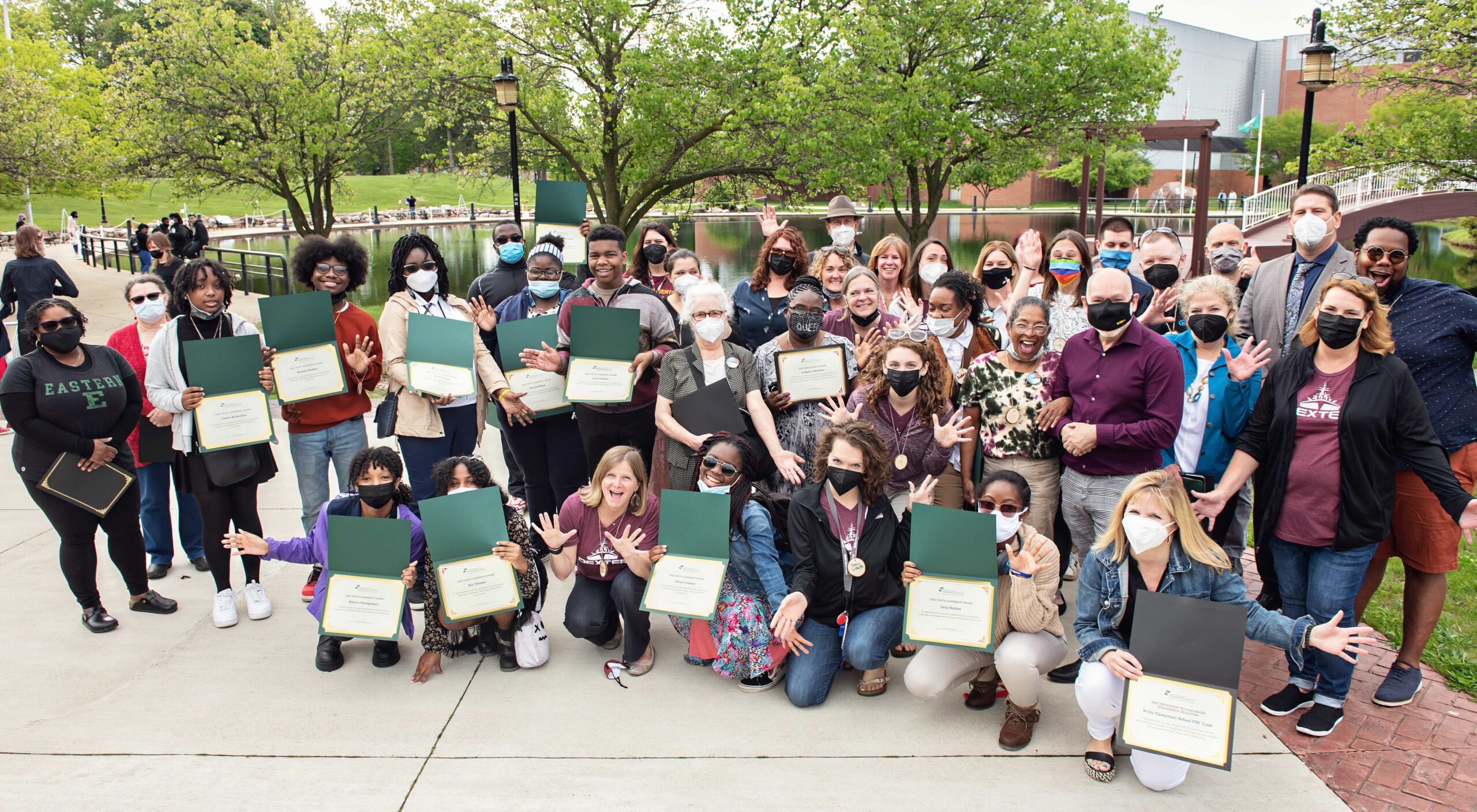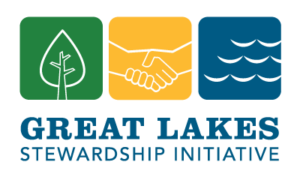Our Approach to Place-Based Education
The Southeast Michigan Stewardship Coalition (SEMIS) brings together K-12 educators, district staff, community partners, students, universities, municipal organizations, and youth activists. We integrate the art and science of Place-Based Education into schools and advocate for deep, long-term changes in K-12 institutions and higher education to serve all living systems. We see schools as centers of possibility, capable of thriving in sustainable, healthy, and just communities.
We support teachers in connecting classroom learning to the community, enabling students to work alongside others to solve real-world problems and drive positive change. Through place-based education—an immersive, hands-on approach—students become environmental stewards, caring for themselves, their peers, and their surroundings. Guided by an Ecojustice Education framework, we critically examine the world and center justice in our teaching, instructional design, and learning experiences for both students and educators.
SEMIS employs research-based practices in teacher development and coalition building, providing year-round professional learning, including an intensive summer institute. We foster partnerships between schools and community organizations, offer annual series as well as on-site professional learning facilitation, classroom coaching, and collaborate closely with school administrators to support meaningful, sustained change.
Anchors of Place-Based Education
*This conceptual work was originally designed by Becca Nielsen and Ethan Lowenstein.
Student Centered Inquiry
Strong place-based education experiences introduce students to real world issues through questions, investigations and phenomena that draw students into learning. Place-based educators always ask themselves the question—how can I provide more choices to students so that they can explore what they are curious about and choose the direction of their own learning?
Understanding of, and Connection to Place
Strong place-based education experiences provide opportunities for students to build relationships with community members and their peers while being in the local community and environment. PBE experiences ask students to learn more about a place, including its history, uses, physical attributes, and webs of relationships. These experiences allow students to develop personal connections to the place they are investigating, as well a deep sense of belonging. Although students address community problems, the emphasis in PBE is on community strengths. As young people start to see themselves as belonging to a strong community, they gain control over their own story, and are less likely to internalize negative stories that others tell about their communities.
Informed Civic Engagement
Strong place-based education culminates with opportunities for civic engagement and action taken by students. Students may plan and build a park in an abandoned lot or build awareness of a local water issue through a community forum or public presentation. Students may work with local legislators or city officials to change a policy or bring attention to a local issue or may clean up a river site or city lot. Students may work with peers to help their school become more energy efficient or to solve stormwater management issues on the property. The opportunities are endless. To be effective as civic actors, students need to be informed. In order to gain power as advocates and change makers, PBE requires students to use subject matter knowledge and skills like using evidence and making reasoned arguments.

Pictured here are several of the 2022 Annual Award recipents at the 2022 Community Forum. People are pictured in front of the Lake at the Eastern Michigan University’s Lake House.

